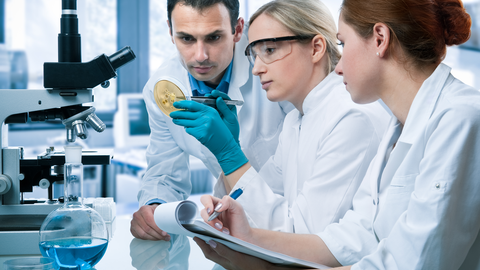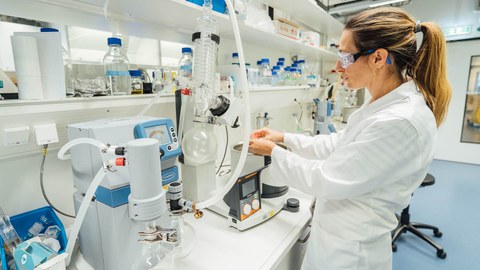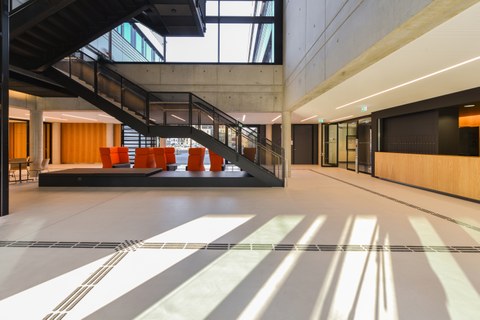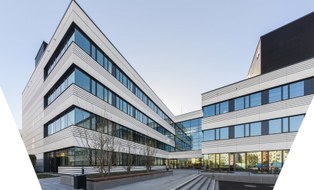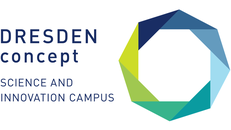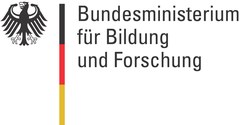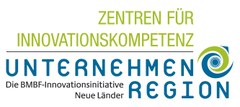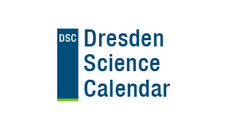 © TUD/Magdalena Gonciarz
© TUD/Magdalena Gonciarz
Die drei Säulen der Forschung am B CUBE
- Bioprospektion wird angewendet, um natürliche Phänomene zu identifizieren, die zukünftige technologische Bedürfnisse erfüllen
- BioNano Werkzeuge werden entwickelt und angewendet, um biologische Strukturen und Prozesse auf molekularer Ebene zu charakterisieren
- Biomimetische Materialien werden entworfen und synthetisiert, die natürliche Biomaterialien ersetzen und Eigenschaften aufweisen, die die aktuell verfügbaren Technologien übertreffen
Durch das Lernen aus Naturphänomenen und die Umsetzung dieses Wissens in technologische Lösungen schlägt B CUBE Brücken zwischen Biowissenschaften und Ingenieurwissenschaften.
Unsere Partner
Folgen Sie uns!

